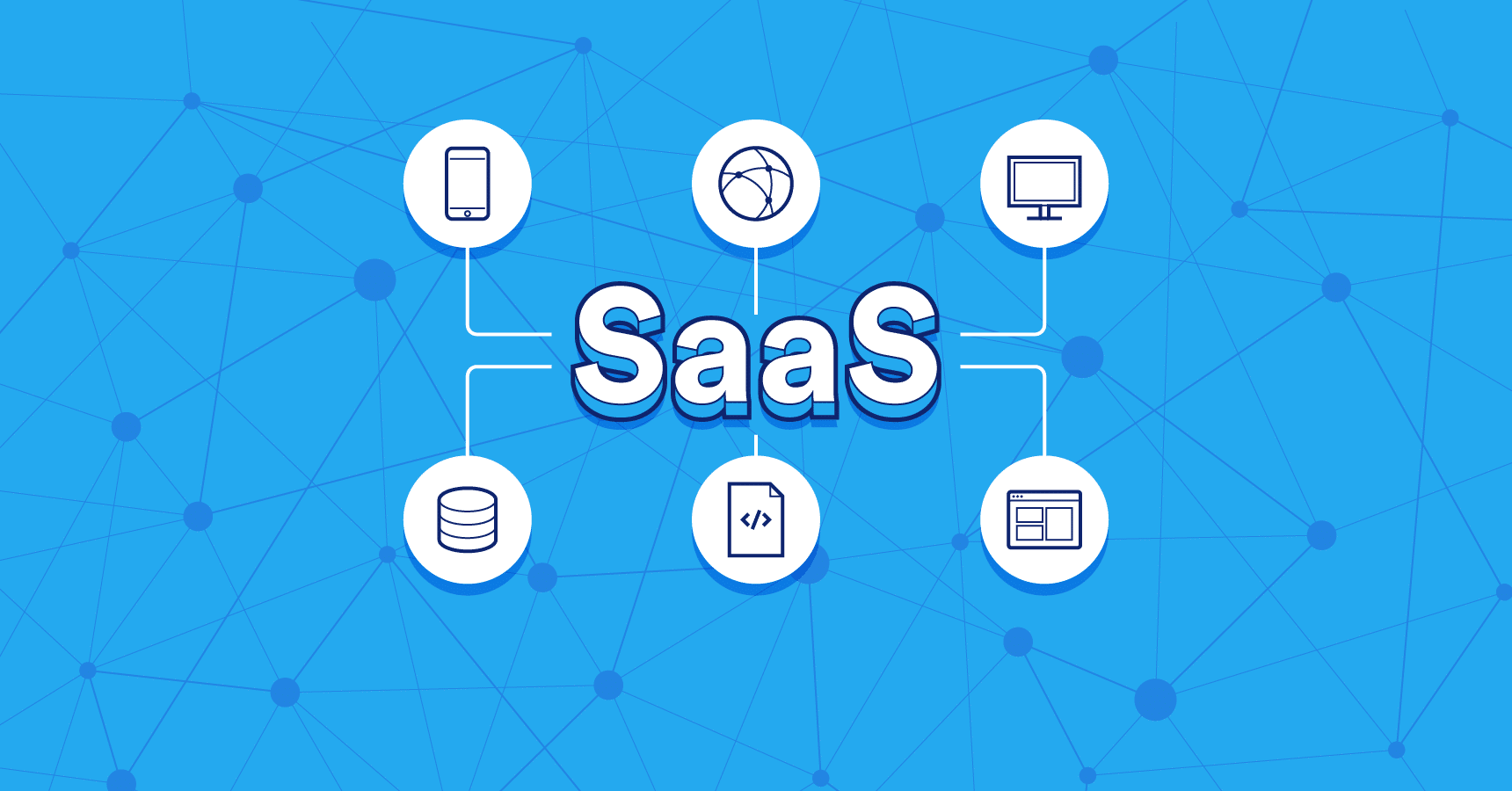In a data-driven world, the need for a data lake to deploy business intelligence using a predictive data analytics strategy is essential. To simplify the decision-making process, we require better data management for accelerating business growth. Organizations are looking to modernize their business intelligence tools and have started to adopt the concept of data lakes.
What are the benefits of a Data Lake?
- Data is ingested from across the enterprise with greater efficiency because it is stored in raw and unfiltered form. This is different from the stand-alone Data Warehouse, where data is first transformed and cleansed to be structured.
- The Design-Analyze-Build development cycle takes just 1-2 weeks instead of 6-12 months when using data warehousing techniques.
- A reduction in deployment cost is possible with an increase in efficacy. This happens because there is a minimal requirement for running ETL programs, data modeling, and integration.
- Data Lakes enable frequent testing and analysis with changing business conditions.
- Data Lakes provide an overall low-cost Business Intelligence environment. This helps in identifying additional queries and metrics.
How will Data Management improve Business Intelligence?
Modern business intelligence data management focuses on increasing the value and thus the impact of the intelligence investment. A data lake can upgrade your Business Intelligence solution by providing greater efficiency for processing data.
Business Intelligence involves sourcing operational business information and translating them into technical solutions. To convert the raw data into meaningful information, design metrics, data models, Extract, Transform, and Load processes are used. After this process, the modern BI information is fed to an analytics database. A real-time centralized dashboard visualized the data for business reporting purposes. The end goal of the process is the make informed and smart decisions based on the operational data.
The creation of a Data Lake to store big data has an invaluable impact. You can seamlessly make business decisions with the help of more insightful reporting. A centralized dashboard helped improve business intelligence for the company.



